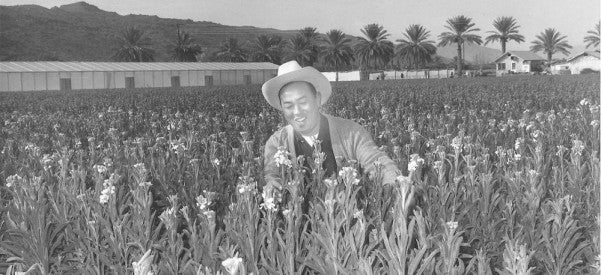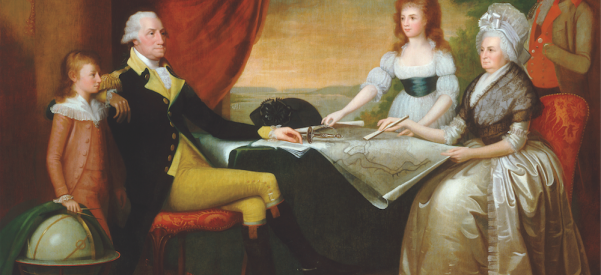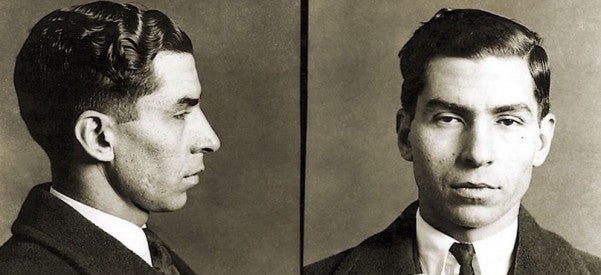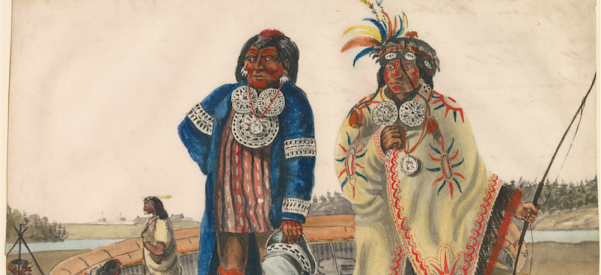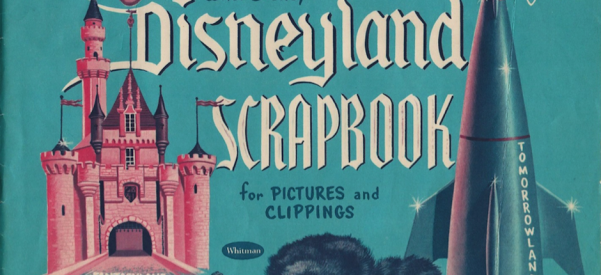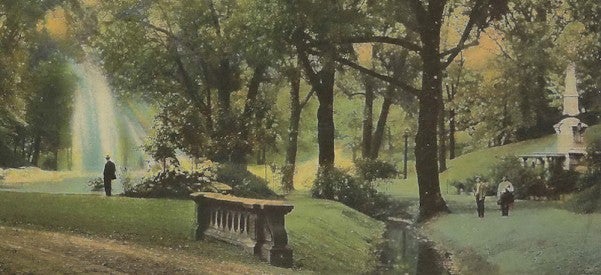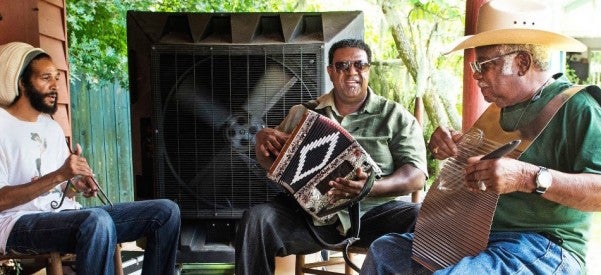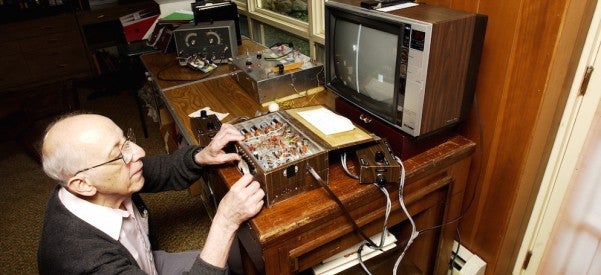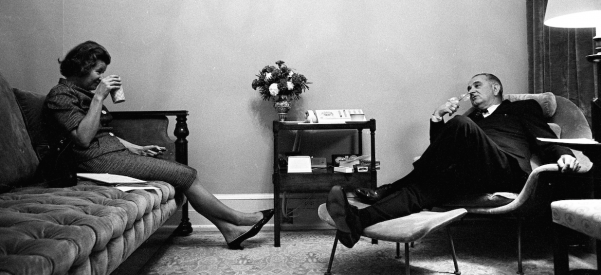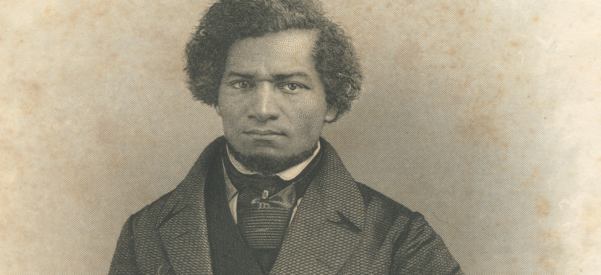The Japanese-American Flower Growers Who Made Phoenix Bloom
Post-WWII Gardens Like My Family’s Found Beauty in Stony Ground
When my high school orchestra teacher found out my family owned a Japanese flower garden in Phoenix, Arizona, he made a confession: He had once snuck into those fields. He stole flowers to propose to his wife. To this day, I meet other people who share with me equally vivid memories of the farms. One friend told me: “I would drive my mom there every weekend!” Although all of the flower fields are gone now, they’re still an important part …


